COVID-19 Research Innovation Awards
The COVID-19 Research Innovation Awards recognized faculty research efforts deployed in response to COVID-19. Research is an integral part of the UO mission and, as a public university, we strive to bridge the extraordinary talents of our faculty with the needs of our communities in Eugene/Springfield, the state of Oregon, and the larger society.
Each recipient was awarded a $1,000 stipend.

Jennifer Ablow, Associate Professor, Psychology
“Pregnant people and infants face unique challenges in a pandemic. The COVID-19 and Perinatal Experience Study is an international and local investigation designed to identify and inform strategies to mitigate those challenges.”
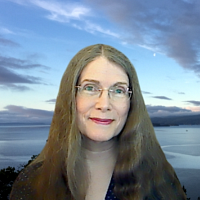
Trudy Cameron, Professor, Economics
“Our team surveys people about how they would vote on referenda concerning different mixes of pandemic restrictions. Our models reveal the tradeoffs made between COVID-19 cases and deaths, and expected losses of income and/or jobs.”
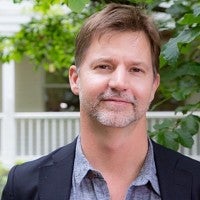
Bill Cresko, Professor, Biology
“As a co-science lead, I helped a team develop novel COVID-19 testing operations at UO. My role focused on implementing medically-approved molecular laboratory protocols for virus testing.”

Phillip Fisher, Professor, Psychology
“Our team launched the nationally representative RAPID survey of American households with young children in order to provide high-quality scientific data to policymakers about the needs of children and parents during the pandemic.
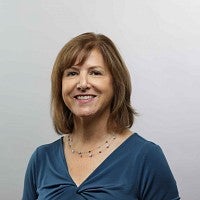
Leslie Leve, Professor, Psychology
“I have served as co-science lead to develop COVID-19 testing operations at UO. This major initiative required team leadership. My role focused on establishing a test collection team and proposing testing strategies.”

Barbara Mossberg, Professor of Practice, Literature
“Experiments with ancient and emergent technologies to enhance imaginative and empathic engagement with our world, at a time of fraught and fractured social fabric in which 'other' is enemy and distance is required.”
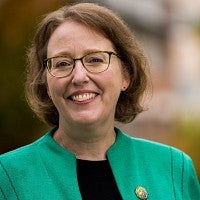
Ellen Peters, Professor, Journalism and Communication
“The COVID-19 crisis requires large-scale behavior change to preserve individual and public health. We develop and use insights from psychological and communication sciences to align human behavior with public-health recommendations.”
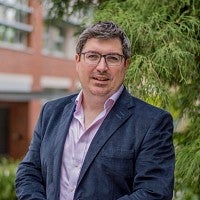
Damian Radcliffe, Professor of Practice, Journalism
Damian’s research is focused on the impact of COVID-19 on the business, revenue and engagement models of the media industry. He writes about how the pandemic has affected technology and telecommunications in the Middle East.

Kathleen Scalise, Professor, EMPL
Kathleen utilized her research on online focused practice to advise the state on COVID-19 guidance, and served on an Oregon Department of Education expert group on supplemental education and learning resource readiness, and distance learning.
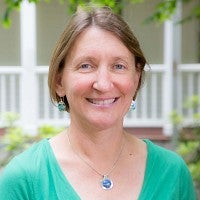
Elizabeth Stormshak, Professor, CPHS
“My approach is: emphasize clarity, simplicity, and accessibility in course design. Excellent remote learning experiences do not need to be complex, they just need to be thoughtfully planned and conducted in a way that’s authentic to the instructor.”
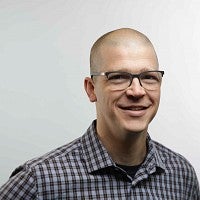
Kevin Van Den Wymelenberg, Professor, Architecture
“Our Biology and the Built Environment Center team has conducted extensive research on viral transmission dynamics in buildings by conducting environmental sampling in several locations in spaces with individuals that tested as COVID+.”
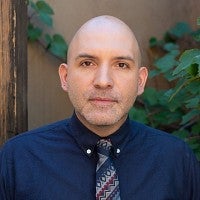
John Arroyo, Assistant Professor, Planning, PPPM
“Racialized federal responses to COVID-19 have resulted in a rise in anti-Asian discrimination, violence, and stigma. This project conducts an analysis of public statements and local-level pandemic policies of state and municipal governments.”
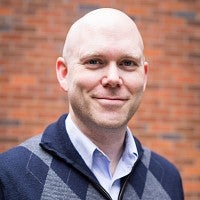
Benjamin Clark, Associate Professor, PPPM
He co-authored two whitepapers, one shaping policy on the economic response and a second on testing and tracing needs. His student team informed health officials on mask wearing practices community-wide.
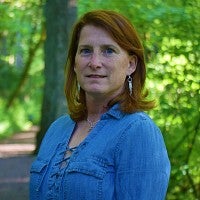
Leslie Dietz, Lab Manager, Biology and the Built Environment
Leslie focuses on indoor infectious disease transmission dynamics. The BioBE Center explores intersections of microbiology, architecture and engineering to support human health.
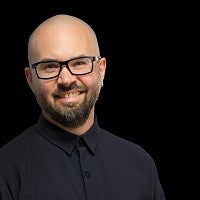
Mark Fretz, Research Assistant Professor, Architecture
“Together with a team of collaborators in architecture, biology, engineering and medicine, our research investigated how building design and operation can influence and mitigate the spread of SARS-CoV-2 indoors.”

Stilianos Louca, Assistant Professor, Biology
“I use computational and mathematical tools to investigate the growth and dispersal dynamics of the COVID-19 pandemic, based on thousands of viral genome sequences.”
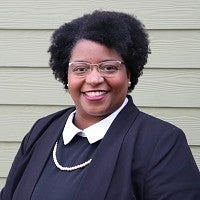
Latisha Nixon-Jones, Visiting Professor, Law
“My focus is helping vulnerable populations to prepare, respond, and recover from natural and man-made disasters. I have conducted several workshops and presentations on the intersection of the pandemic and disaster law.”
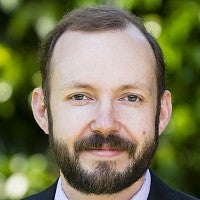
Michael Pluth, Professor, Chemistry and Biochemistry
Mike has worked with others in the UO community to develop a framework for a phased approach to re-engaging in on-campus research activity while promoting safety and following public health guidance during the covid-19 pandemic.
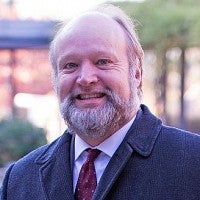
Jerry Rosiek, Professor, Education Studies
“The pedagogy of the pandemic project uses interviews with K-12 teachers to identify what the COVID-19 pandemic is revealing about their work, innovation, and collaboration, and about the limits of prescriptive approaches to educational reform.”
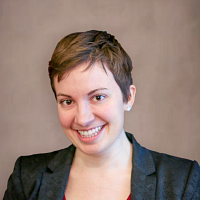
Lina Stepick, Labor Policy Research Faculty
Lina developed several studies on the heightened workplace hazards low-wage essential workers in Oregon face under COVID-19. These include studies with service sector workers, homecare workers, and childcare providers.
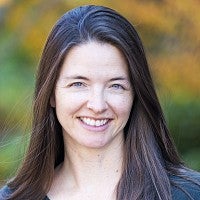
Mari Strand Cary, Senior Research Associate, KinderTek project director
"We released KinderTEK Pro Connected for hybrid learning for free last spring and are lending hundreds of iPads to Head Start of Lane County families. We are conducting an experimental study of the effectiveness with at-risk preschoolers at home."
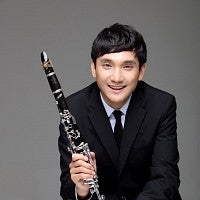
Kim Wonkak, Assistant Professor, Music
“As COVID-19 raged through our world, my hope was not only to stay productive but to elevate people’s soul by filling every space, both physical and virtual, with beautiful music. I gave virtual performances that reached thousands of viewers worldwide.”
